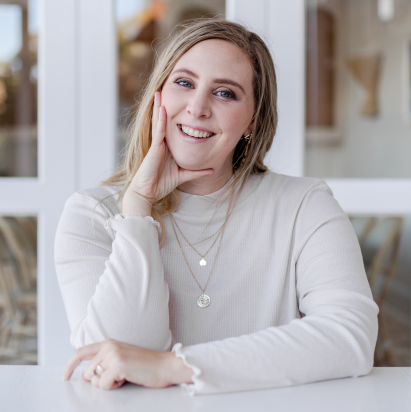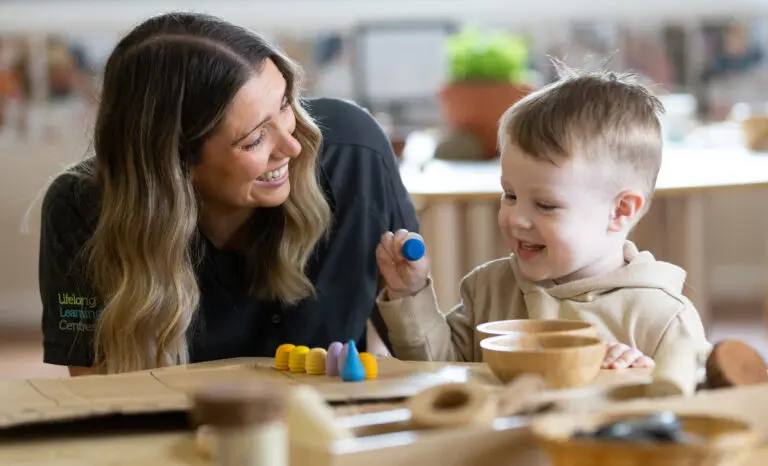
Saturday 17th of February 2024 is Random Acts Of Kindness Day! This annual event was created by the Random Acts of Kindness Foundation (RAK), a nonprofit organization dedicated to establishing kindness as the standard. Random Acts Of Kindness Day aims to enhance mental health and wellbeing, foster community connections and a sense of belonging, encourage empathy and compassion, and inspire change.
There are many benefits of teaching acts of kindness to children.
Research shows that acts of kindness trigger the release of serotonin, a neurotransmitter associated with well-being. This feel-good chemical promotes healing, induces a sense of calm, and contributes to overall happiness (Breazele, 2012).
In another study, approximately half of the participants felt stronger and more energetic after helping others. A significant number also noted an increased sense of calm, reduced feelings of depression, and an increase in self-worth (Carter, 2011).
Furthermore, the positive impacts of kindness extend to onlookers, enhancing their mood and significantly increasing the likelihood of the kindness being reciprocated. A single act of kindness in a busy setting can create a ripple effect, making the day more positive for everyone involved (Zaki, 2016).
How can we teach kindness to children?
Here's a list of 10 activities that not only teach kindness but make for memorable moments of connection and learning:
Incorporating these kind activities into your child's daily life creates lasting memories of shared love and understanding.
References:
Breazeale, R. (2012, November 20). Practicing Acts of Kindness. Psychology Today. https://www.psychologytoday.com/us/blog/in-the-face-adversity/201211/practicing-acts-kindness
Carter, C. (2011). Raising Happiness: 10 Simple Steps for More Joyful Kids and Happier Parents. Ballantine Books.
Zaki, J. (2017, July 26). Kindness Contagion. Scientific American. https://www.scientificamerican.com/article/kindness-contagion/
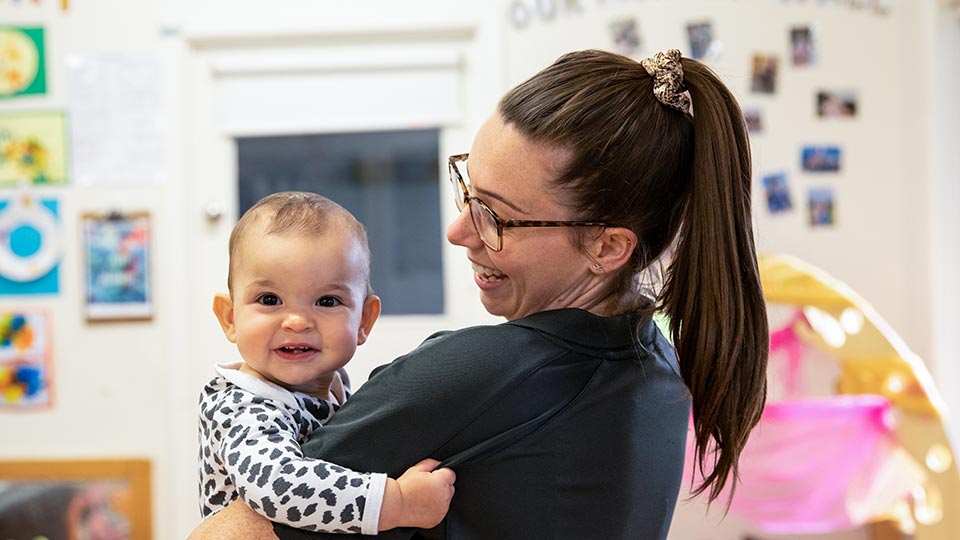
Healthy Beginnings Curriculum
The Lifelong Learning Healthy Beginnings Curriculum for babies’ birth–1-year-olds emphasizes the establishment of secure attachments and positive relationships between babies and educators through the use of Circle of Security and learning zones focused on play schemas.
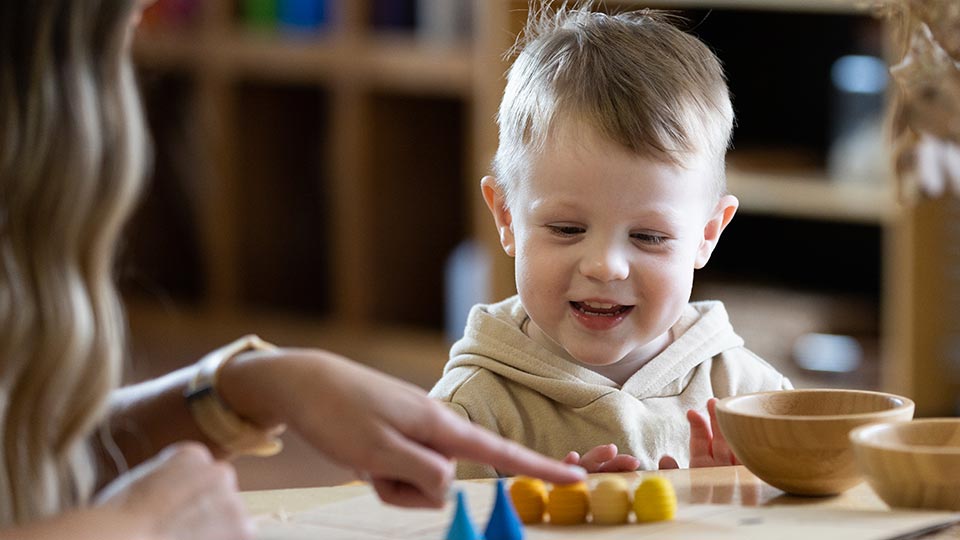
Early Experiences Curriculum
The Lifelong Learning Early Experiences Curriculum for 1-3-year-olds emphasizes the development of Toddlers’ language and social development using the Abecedarian approach within our intentional learning zones focused on play schemas.
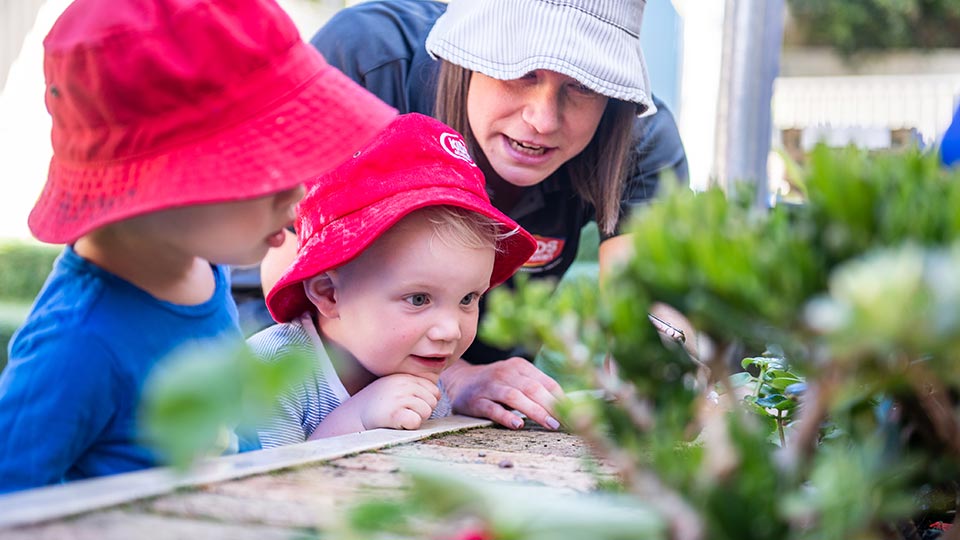
School Readiness Curriculum
The Lifelong Learning School Readiness Curriculum for 3-5-year-olds emphasizes enquiry-based projects and foundation academic skills to support children’s development of key 21st-century school-readiness.
